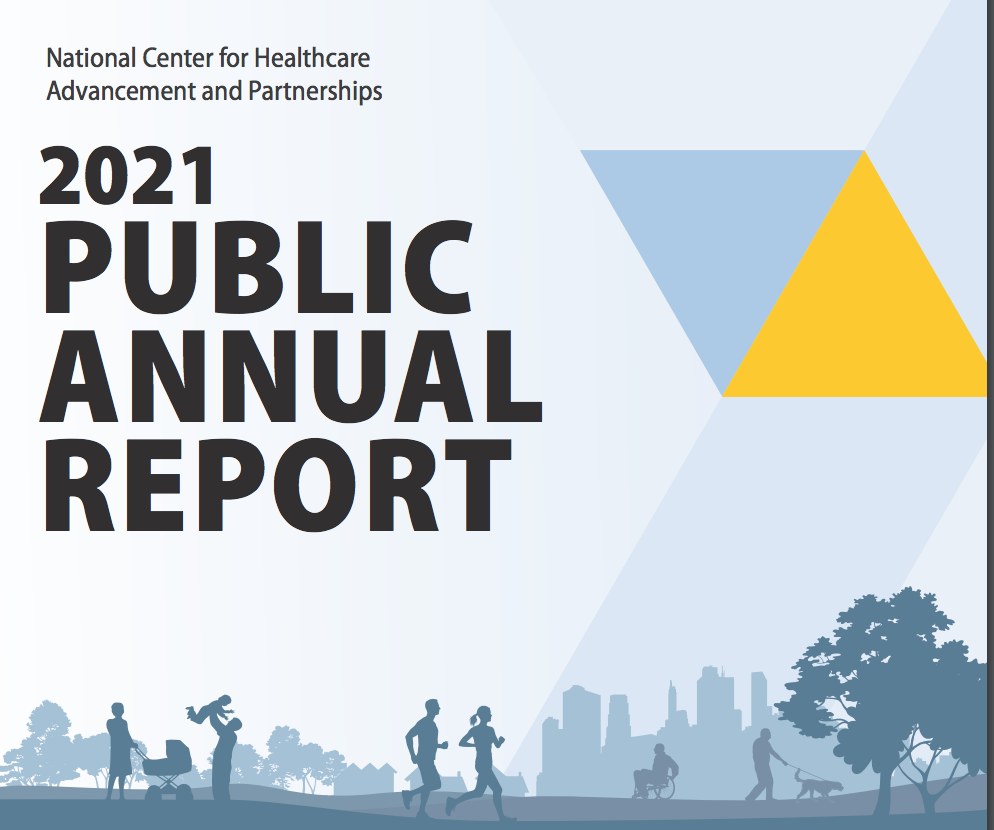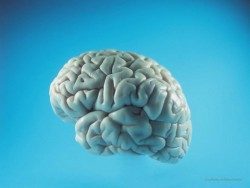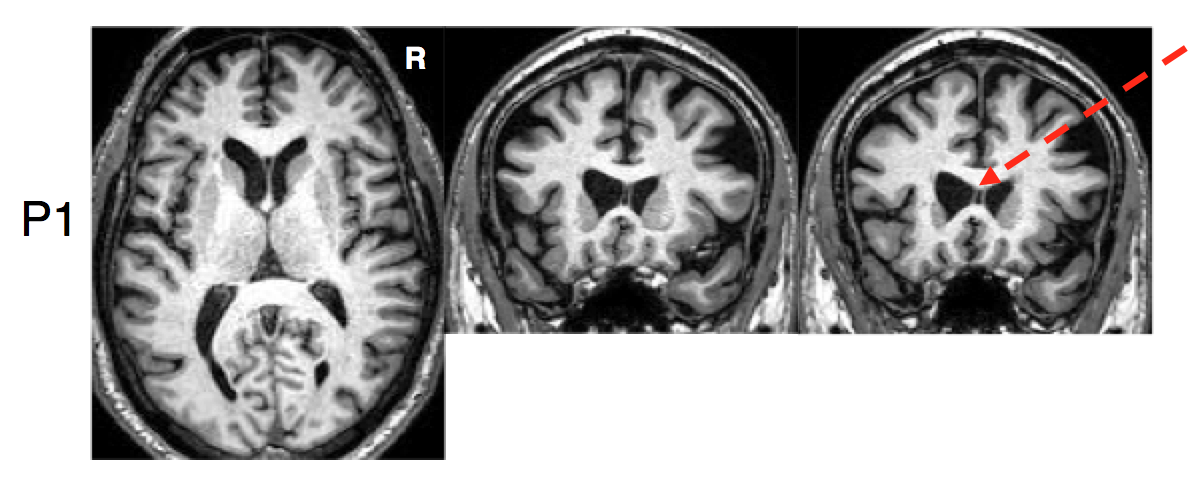News
2023
Significant improvements in 4 former football players with possible CTE: Transcranial photobiomodulation
In a study published in the Journal of Alzheimer’s Disease Reports, researchers write that “this is the first report of a potential treatment modality to mitigate symptoms of Possible CTE.”
The study is a case-series report of four former football players (3 professionals) who met the NIH criteria for Possible CTE and were treated with transcranial photobiomodulation (tPBM). PDF Download
Clinical management of COVID-19: living guideline, 13 January 2023

Cited by World Health Organization on
Our work “Evidence-Based Cognitive Rehabilitation: Systematic Review of the Literature From 2009 Through 2014″ (2019) PDF
was cited by the WHO Clinical Management of COVID-19: Living Guideline (2023).
The World Health Organization (WHO) is the directing and coordinating authority for health within the United Nations system.
2022
Introducing the release of
ACRM Cognitive Rehabilitation Manual & Textbook, Second Edition
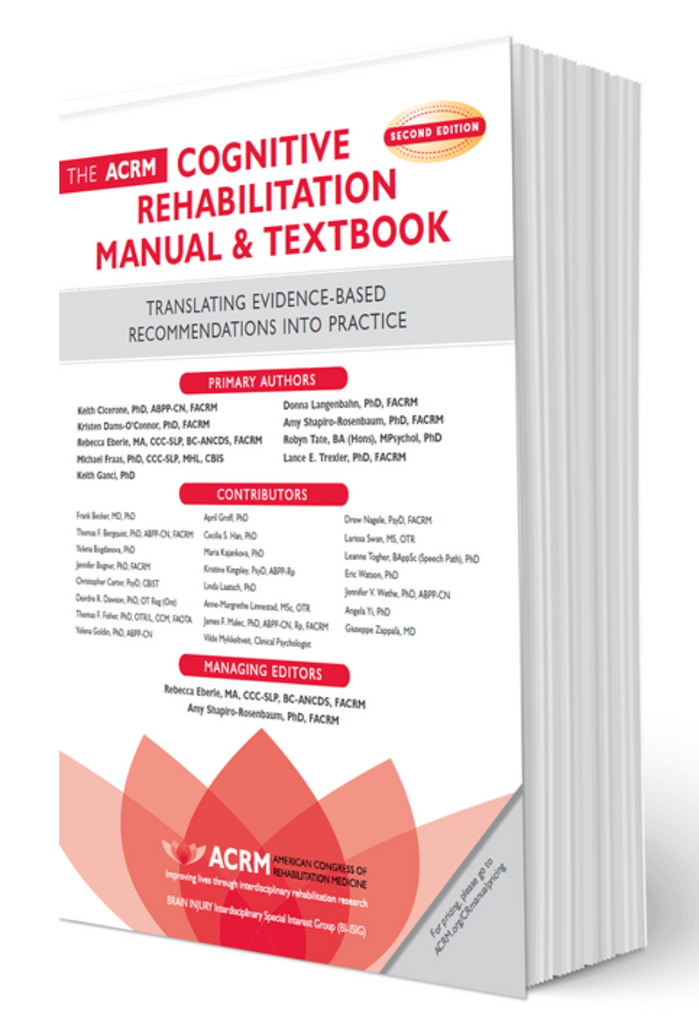
Unlock the latest advances in Cognitive Rehabilitation and master new treatment techniques with this Textbook.
The ACRM Cognitive Rehabilitation Manual & Textbook Second Edition is a guide for clinicians who want to effectively deliver evidence-based rehabilitation interventions in everyday clinial practice. The clinical protocols contained in this second edition reflect the recommendations made by the Cognitive Rehabilitation Task Force (CRTF) of the Brain Injury Interdisciplinary Special Interest Group (BI-ISIG) of ACRM.
The Manual, including clinical forms and worksheets, is a practical guide for the implementation of evidence-based interventions for impairments of executive functions, memory, attention, hemispatial neglect, and social communication.
Improving Care for Veterans with Traumatic Brain Injury Across the Lifespan
Cited by RAND Corporation on
Our papers “Evidence-Based Cognitive Rehabilitation: Systematic Review of the Literature From 2009 Through 2014″ PDF
and “Computerized Cognitive Rehabilitation of Attention and Executive Function in Acquired Brain Injury: A Systematic Review” PDF
were cited by the RAND Improving Care for Veterans with Traumatic Brain Injury Across the Lifespan (2022).
RAND Corporation is an American nonprofit global policy think tank created in 1948 to offer research and analysis to the US Armed Forces.
Global report on health equity for persons with disabilities
Cited by World Health Organization on
 Our research papers “Health Risks and Consequences of a COVID-19 Infection for People with Disabilities: Scoping Review and Descriptive Thematic Analysis” (2021) and
Our research papers “Health Risks and Consequences of a COVID-19 Infection for People with Disabilities: Scoping Review and Descriptive Thematic Analysis” (2021) and
“Lockdown-Related Disparities Experienced by People with Disabilities during the First Wave of the COVID-19 Pandemic: Scoping Review with Thematic Analysis” (2021) were cited by the World Health Organization
Global Report on Health Equity for Persons with Disabilities (2022).
Global report on assistive technology
Cited by World Health Organization
Our work has been cited by the Global report on assistive technology,World Health Organization (2022):
“PREparedness, REsponse and SySTemic transformation (PRE-RE-SyST): a model for disability-inclusive pandemic responses and systemic disparities reduction derived from a scoping review and thematic analysis” (2021).
The World Health Organization (WHO) is the directing and coordinating authority for health within the United Nations system.
2021
Healthcare Advancement Initiatives: LED Therapy for TBI
Light-Emitting Diode (LED) Therapy Clinic at the VA Boston Healthcare System (VABHCS)
The VHA National Center for Healthcare Advancement and Partnerships (HAP) and VABHCS have collaborated to help Veterans with mild to moderate TBI using LED Treatment since 2017. Veterans use an LED headset at home and clinicians check on their progress remotely. Veterans reported better sleep quality, more energy, milder headaches, and improved work performance.
Since 2017, more than 180 Veterans have enrolled in the program at VABHCS.
Most treatment sessions are conducted as telehealth appointments, including the introductory session. E-consults and virtual visits for this clinic have helped Veterans continue to engage in treatment throughout the pandemic, especially Veterans in rural communities.
Veterans throughout VISN-1 in New England can be referred for treatment through an e-consult and there are plans to expand availability outside of VISN-1 by training more VA providers in other regions.
Most Talked About Articles From the Archives of PM&R

“Check out this list of the most-cited and downloaded articles published in the Archives of Physical Medicine and Rehabilitation during the past two years. These articles are too good to miss. Please share them with your colleagues and follow the Archives of Physical Medicine and Rehabilitation!”
- Evidence-Based Cognitive Rehabilitation: Systematic Review of the Literature From 2009 Through 2014
Cicerone, K.D., Goldin, Y., Ganci, K., Rosenbaum, A., Wethe, J.V., Langenbahn, D.M., Malec, J.F., Bergquist, T.F., Kingsley, K., Nagele, D., Trexler, L., Fraas, M., Bogdanova, Y., Harley, J.P. PDF
Light Therapy TBI Treatment Program for Veterans
The LED TBI Clinic at the VA Boston Healthcare System at JP Campus is offering the LED treatment to Veterans with traumatic brain injury (TBI). The LED TBI Treatment Program is sponsored by the VACO, CCI. Dr. Yelena Bogdanova, PhD, the LED Clinic Lead, directs the LED Home Treatment Program development and implementation.
Light editing diode (LED) therapy is a noninvasive treatment modality that can be used in the office setting and at home. LED is a painless, non-thermal neuromodulation treatment that directly targets cellular functioning of injured brain cells.
August
Leadership & Federal Partner Resources
“Exploration of Innovations in Health Care”
This event will explore the innovations in health care from the Department of Defense (DoD), DHA, Veteran Affairs (VA), and other top community practice groups. The educational content will be created by Subject Matter Experts in the ethics, research, academia, and medical domains of military and civilian health care sectors. The primary focus of this event aims to enhance the quality of patient outcomes and population health by providing advanced continuing education opportunities to improve the practice, skills, and knowledge of health care providers across the Military Health System.
March
How VA has the expertise to help Veterans with TBI
The VHA National Center for Healthcare Advancement and Partnerships (HAP) explores emerging, safe, ethical therapies for TBI and other conditions.
“An acute brain injury can evolve into really complex health issues that require a lot of different strategies to support symptom relief and rehabilitation,” explained Christine Eickhoff, health systems specialist for HAP.
One of the innovations for TBI that HAP supports is the light-emitting diode treatment collaboration at the VA Boston Healthcare System. Some Veterans have said how beneficial LED Therapy has been, and Ms. Eickhoff said that she’s optimistic about LED’s future. “The evidence base for LED treatment is growing, and that will help facilitate access and opportunities for more Veterans to engage in this treatment.”
2020
October
CCI Highlights and Accomplishments
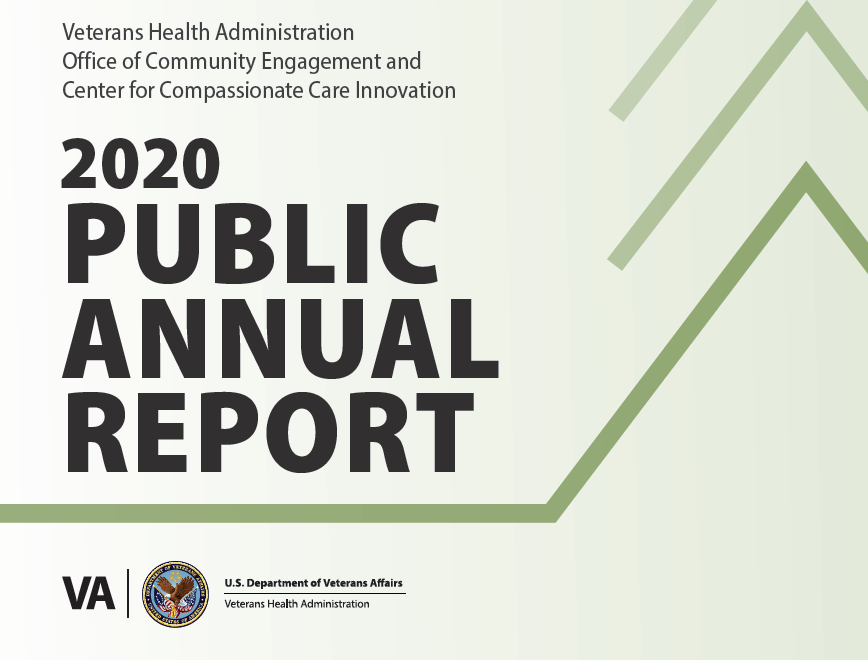
VHA Center for Compassionate Care Innovation (CCI) supports clinical innovations, including LED (light-emitting diode) Therapy for TBI and PTSD.
The VA Boston LED TBI Program Lead, Dr. Bogdanova, presented the results of this initiative at the VHA Innovation Experience (iEX) event in Washington, D.C.
Since 2018, when CCI began collaborating with the Boston TBI Clinic on a home-based LED treatment program for Veterans diagnosed with TBI, more than 120 Veterans have been successfully treated, with many reporting symptom improvements across multiple domains. Evidence suggests that LED therapy promotes healing at the cellular level, due in part to increased blood flow. Research on LED therapy suggests that the treatment may help with symptoms associated with TBI, such as mood, memory, or attention. (2020 VHA OCE & CCI Annual Report)
June
LED Treatment Improves Cognitive Function for mTBI Patients
A collaboration between the VHA Center for Compassionate Care Innovation (CCI) and the VA Boston Healthcare System is showing positive outcomes for Veterans experiencing mild to moderate traumatic brain injury (mTBI) symptoms, according to VABHCS clinical LED program lead and researcher Dr. Yelena Bogdanova. The treatment can be done at home, which is in line with the latest recommendations from VA and the CDC in response to COVID-19 concerns.
“The VABHCS clinic is yet another example of how innovative partnerships and collaborations can improve VHA’s ability to deliver high-quality, cutting-edge patient care.”
2019
December
Veteran with TBI says LED Treatment has Significantly Improved his Sleep, Activity Levels, and Well-being
Research on LED therapy to date suggests that the treatment may help with symptoms associated with TBI — such as impaired mood, memory, or attention — and that it promotes healing at the cellular level, due in part to the specialized light’s ability to increase blood flow.
The LED treatment program is now available as part of a collaborative, three-year clinical demonstration project that is led by the VA Boston Healthcare System (VABHCS) LED TBI clinic and supported by CCI. More than 100 Veterans have benefited so far from VABHCS’s LED therapy offering. Many of the Veterans treated in this clinical demonstration project have reported improvements in health factors that have persisted for years, such as sleep and mood issues.
October
At-Home Light Emitting Diode Therapy for TBI
VHA Innovation Experience at the National Press Club
Veterans can now engage in TBI treatment at home with the help of a light-emitting diode (LED) headset. Over 120 Veterans have engaged in the treatment at VA Boston and have reported improvements in attention, memory, mood, and a decrease in headaches and PTSD symptoms. This convenient and non-invasive treatment option has a growing body of evidence supporting its efficacy and pairs well with other TBI and PTSD treatments available at the VA.
Learn more about the LED TBI Tx Program and other innovations taking place at VHA: https://www.blogs.va.gov/VAntage/66611/80-demos-vha-innovation-experience/
October
LED TBI Home Treatment Program for Veterans at Boston VA
“There were huge improvements in my memory and concentration. My energy was way up,” said the Veteran who completed a 12-week course of at-home LED treatment. “It’s amazing because I have been dragging for years, but now I have the energy to go do things.”
During LED treatment, patients wear a lightweight headset affixed with light-emitting diodes (LEDs). The arrangement of LEDs is customized for each person. The treatment is painless and noninvasive. Each session lasts only 25 minutes. There is evidence to suggest that LED therapy promotes a healing response at the cellular level, due in part to increased blood flow.
August
Archives of Physical Medicine and Rehabilitation
A new update of one of the most downloaded articles in Archives’ history.
Evidence-Based Cognitive Rehabilitation: Systematic Review of the Literature From 2009 Through 2014
Keith D. Cicerone, PhD, Yelena Goldin, PhD, Keith Ganci, PhD, Amy Rosenbaum, PhD, Jennifer V. Wethe, PhD, Donna M. Langenbahn, PhD, James F. Malec, PhD, Thomas F. Bergquist, PhD, Kristine Kingsley, PsyD, Drew Nagele, PsyD, Lance Trexler, PhD, Michael Fraas, PhD, Yelena Bogdanova, PhD, J. Preston Harley, PhD
In Press now.
March
Computerized Rehabilitation Helps People Suffering from Brain Injuries
The research team conducted a systematic literature review of computerized treatment for attention and executive function in adults who suffered a brain injury. The findings, which appear online in the Journal of Head Trauma Rehabilitation, may lead to improved treatment outcomes in patients with brain injury, especially for patients with limited mobility and means and those residing in rural areas.
2018
Expanding Traumatic Brain Injury treatment options for Veterans
Light-emitting diode therapy, also known as LED therapy, is an emerging treatment for TBI that aims to help the brain heal. It is a non-invasive and painless treatment modality that directly targets the repair of injured brain cells without disrupting healthy cells.
The LED TBI Clinic at the VA Boston Healthcare System, Jamaica Plain campus, began a clinical demonstration project to offer Veterans with a history of mild to moderate TBI who continue to experience TBI symptoms access to LED therapy.
March
LED Therapy Offers New Hope to Veterans With TBI, PTSD
The VA Boston is pioneering a treatment known as transcranial light-emitting diode (LED) therapy for veterans with persistent symptoms of traumatic brain injury (TBI).
The VA began treating veterans who have treatment-resistant TBI with LED therapy in Boston in November 2017. The clinic aims to treat TBI’s most common symptoms: sleep disturbance; cognitive impairment; and related neuropsychiatric symptoms, such as posttraumatic stress disorder (PTSD) and mood issues, said Yelena Bogdanova, Ph.D., a clinical neuropsychologist and the LED TBI Clinic lead.
A double-blind, sham-controlled clinical trial of veterans with mild TBI funded by the VA found that cognition and sleep improved in veterans who received LED treatment compared with those who did not. The results from the trial along with several LED case reports helped the VA shape its LED TBI home treatment program.
2017
December
VA Exploring Alternative Treatments for TBI and PTSD
WASHINGTON – December 7, 2017 – The U.S. Department of Veterans Affairs (VA) announced that it will use two innovative treatments to ease the everyday challenges associated with living with traumatic brain injury (TBI) and post-traumatic stress disorder (PTSD).
“We know that for a small group of Veterans, a traditional approach to health care may not be the most effective,” said VA Secretary Dr. David J. Shulkin. “This is particularly true with certain chronic medical and mental health conditions. For Veterans who don’t improve, we have to look for innovative, evidence-based approaches that may help them restore and maintain their health and well-being.”
Veterans with a history of mild to moderate TBI now have access to light emitting diode (LED) therapy contained in a lightweight frame that is placed on the head and a clip placed inside the nose. Results of some studies show that LED improves brain function including attention and memory, emotions and sleep. LED therapy has begun at the VA Boston Healthcare System, Jamaica Plain campus, this month. LED also is available for Veterans to use in their homes.
November
VA is exploring innovative emerging therapies that may offer hope and help to Veterans.
The VA’s Center for Compassionate Innovation (CCI) supports novel neurorehabilitation treatments aimed at enhancing Veterans’ physical and mental well-being.
The newly established LED Clinic at the VA Boston Healthcare System, JP campus, is offering non-invasive light emitting diode (LED) therapy for the Veterans with TBI and TBI-related neuropsychiatric symptoms. Dr. Yelena Bogdanova of BUSM serves as a Clinic Lead at the LED TBI Clinic and works on the development and implementation of the LED Home-based Treatment Program for Veterans with chronic TBI.
LED Therapy to Treat Veterans with Traumatic Brain Injury and PTSD
LED Clinical Trials to Focus on TBI
Dr. Yelena Bogdanova, a Clinical Psychologist with VA and Assistant Professor of Psychiatry at BUSM, will lead a VA-funded trial looking at the impact of LED therapy on sleep and cognition in Veterans with blast TBI.
2016
Computerized Rehab Can Improve Attention and Executive Function in TBI Patients

Researchers have shown that computerized cognitive rehabilitation (a program to help brain-injured or otherwise cognitively impaired individuals to restore normal functioning) can improve attention and executive functioning in brain injury survivors including traumatic brain injury (TBI) and stroke. More
Computerized Rehab Aids Those Suffering from Brain Injuries
The results of this systematic review provide encouraging evidence that computerized cognitive rehabilitation can improve attention and executive functioning in brain injury survivors. According to the researchers computerized treatment delivery can significantly reduce the wait time and cost of treatment, provide immediate access to treatment in any location, improve the quality of life of patients and reduce the burden of caregivers.
Computerized rehab helps to restore functioning in brain injury survivors
Computerized cognitive rehabilitation (a program to help brain-injured or otherwise cognitively impaired individuals to restore normal functioning) can improve attention and executive functioning in brain injury survivors including traumatic brain injury (TBI) and stroke. More
2015
Improving Sleep Can Aid Recovery of Veterans with PTSD and TBI.
 Sleep disturbance is a primary symptom of both Post-Traumatic Stress Disorder (PTSD) and Traumatic Brain Injury (TBI) and has been found to affect the severity of both conditions. More
Sleep disturbance is a primary symptom of both Post-Traumatic Stress Disorder (PTSD) and Traumatic Brain Injury (TBI) and has been found to affect the severity of both conditions. More
PTSD, TBI, and sleep problems significantly affect functional status and quality of life in veterans returning from combat.
Sleep difficulty is a primary symptom of both PTSD and TBI and has been found to affect the severity of both conditions. More
Poor sleep may impact treatment and recovery in veterans with PTSD, TBI.
Understanding sleep problems and their role in the development and maintenance of PTSD and TBI symptoms may lead to improvement in overall treatment outcomes… More
2014
BUSM/VA Research Team to Study Effectiveness of LED Helmets for Treating TBI and PTSD.
This clinical trial will utilize cutting-edge technology (LED) to treat cognitive and neuropsychiatric symptoms in returning veterans with TBI and PTSD.
April
Tracking the Source of “Selective Attention” Problems in Brain-Injured Vets
Discovery May Lead to New Ways to Quantify and Assess Traumatic Brain Injury (TBI)
WASHINGTON, D.C., May 9, 2014 – An estimated 15-20 percent of U.S. troops returning from Iraq and Afghanistan suffer from some form of traumatic brain injury (TBI) sustained during their deployment, with most injuries caused by blast waves from exploded military ordnance. The obvious cognitive symptoms of minor TBI — including learning and memory problems — can dissipate within just a few days. But blast-exposed veterans may continue to have problems performing simple auditory tasks that require them to focus attention on one sound source and ignore others, an ability known as “selective auditory attention.”
According to a new study by a team of Boston University (BU) neuroscientists, such apparent “hearing” problems actually may be caused by diffuse injury to the brain’s prefrontal lobe. Read more
April 2013
 The paper entitled “Cognitive Sequelae of Blast-Induced TBI: Recovery and Rehabilitation“ received international coverage. The publication was featured in the “Key Research Articles” edition of Psychology Progress series as a “significant contributor to the Psychology field”. Psychology Progress is an international organization providing information on the latest and most significant research in Psychology, selected by the team of experts from the top academic institutions and Psychiatric field.
The paper entitled “Cognitive Sequelae of Blast-Induced TBI: Recovery and Rehabilitation“ received international coverage. The publication was featured in the “Key Research Articles” edition of Psychology Progress series as a “significant contributor to the Psychology field”. Psychology Progress is an international organization providing information on the latest and most significant research in Psychology, selected by the team of experts from the top academic institutions and Psychiatric field.
October 2012
 Our research on recovery and cognitive rehabilitation of blast-induced traumatic brain injury was featured in October issue of “Neurology Today”, an official publication of American Academy of Neurology. The article entitled “Military Expands Brain Injury Blast Detector Pilot to More Troops” describes the Blast Gauge, an experimental device that helps measure the form and extent of blast wave exposure and injury, and highlights the challenges of recovery from deployment-related TBI.
Our research on recovery and cognitive rehabilitation of blast-induced traumatic brain injury was featured in October issue of “Neurology Today”, an official publication of American Academy of Neurology. The article entitled “Military Expands Brain Injury Blast Detector Pilot to More Troops” describes the Blast Gauge, an experimental device that helps measure the form and extent of blast wave exposure and injury, and highlights the challenges of recovery from deployment-related TBI.
February 2012
A review of research on cognitive rehabilitation for veterans suffering from blast-related TBI and PTSD, entitled “Cognitive Sequelae of Blast-Induced Traumatic Brain Injury: Recovery and Rehabilitation” has received recent media coverage following its publication in the latest issue of the Neuropsychology Review, 21(4). In February, the Boston University School of Medicine highlighted the findings on their news site.
February 2012
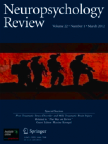 Our paper “Cognitive Sequelae of Blast-Induced Traumatic Brain Injury: Recovery and Rehabilitation“ was featured in February issue of The Centre for Military and Veterans’ Health (CMVH) on the latest International Military Health Literature. CMVH is a collaboration of the University of Queensland, the University of Adelaide and Charles Darwin University, and Australian Defense Force and Centres of Excellence, which brings together a multi-disciplinary team of specialists, military and civilian health researchers.
Our paper “Cognitive Sequelae of Blast-Induced Traumatic Brain Injury: Recovery and Rehabilitation“ was featured in February issue of The Centre for Military and Veterans’ Health (CMVH) on the latest International Military Health Literature. CMVH is a collaboration of the University of Queensland, the University of Adelaide and Charles Darwin University, and Australian Defense Force and Centres of Excellence, which brings together a multi-disciplinary team of specialists, military and civilian health researchers.
December 2011
 European Parkinson’s Disease Association (EPDA) featured the research paper by Bogdanova and Cronin-Golomb entitled “Neurocognitive correlates of apathy and anxiety in Parkinson disease“ in December issue “Rewrite Tomorrow”. As a voice for Parkinson’s in Europe, the EPDA actively works to provide evidence based information to support the best practices and treatments, and highlights research from around the world in relation to the disease symptoms, mechanisms and treatment that can improve the lives of people with Parkinson’s disease.
European Parkinson’s Disease Association (EPDA) featured the research paper by Bogdanova and Cronin-Golomb entitled “Neurocognitive correlates of apathy and anxiety in Parkinson disease“ in December issue “Rewrite Tomorrow”. As a voice for Parkinson’s in Europe, the EPDA actively works to provide evidence based information to support the best practices and treatments, and highlights research from around the world in relation to the disease symptoms, mechanisms and treatment that can improve the lives of people with Parkinson’s disease.


